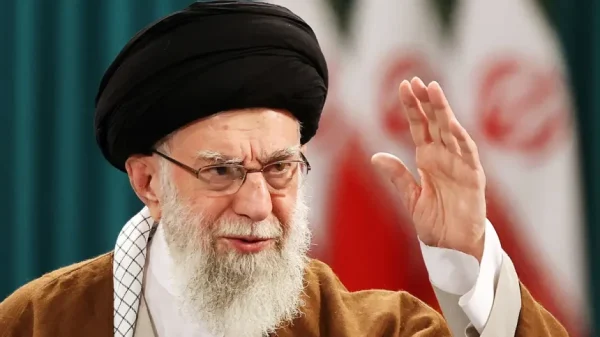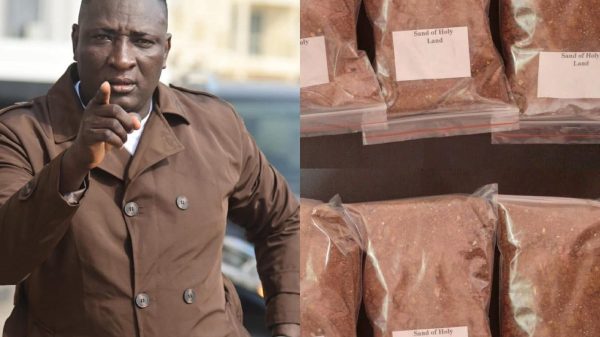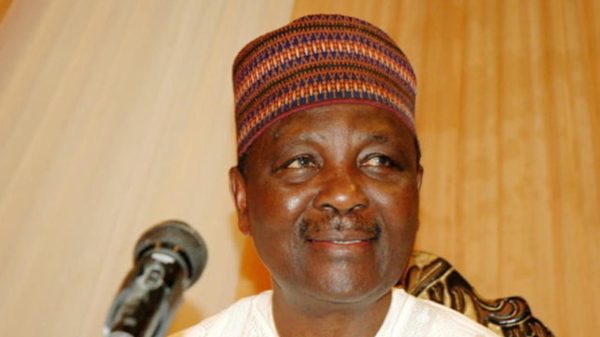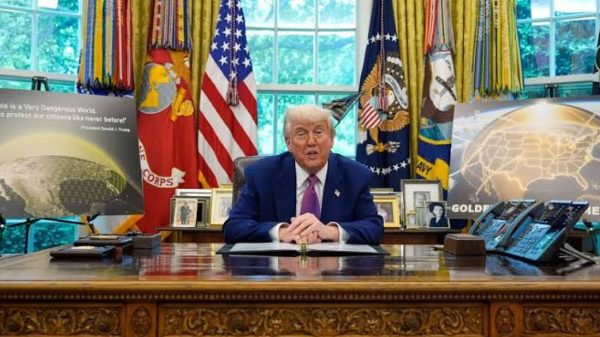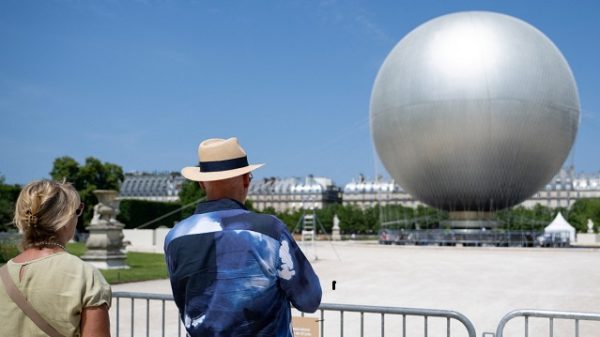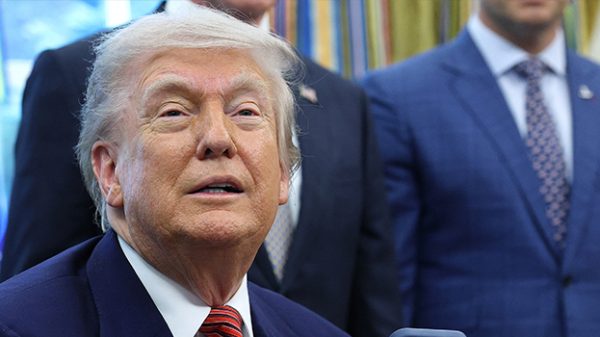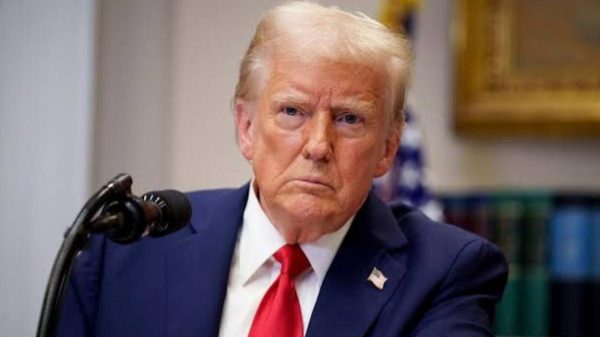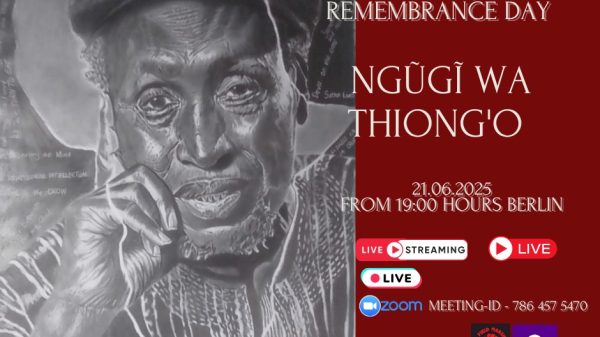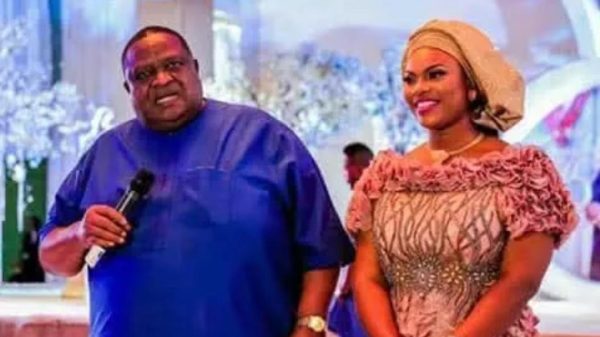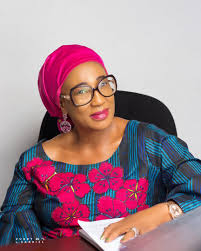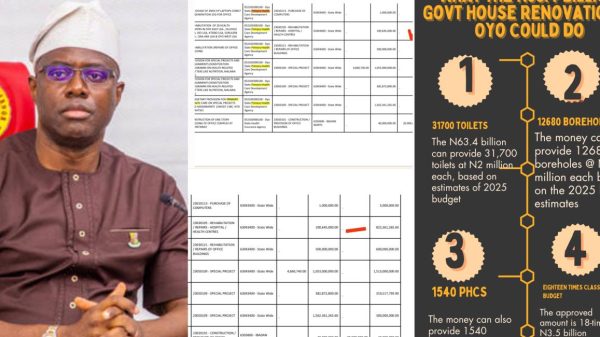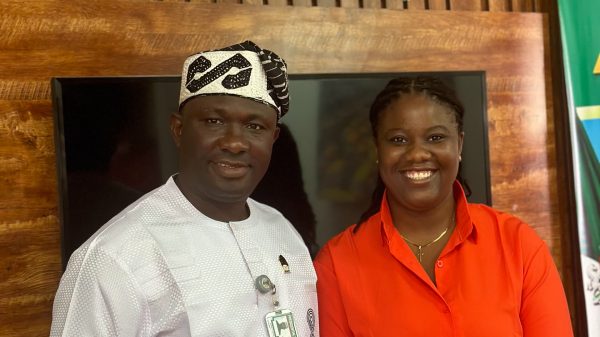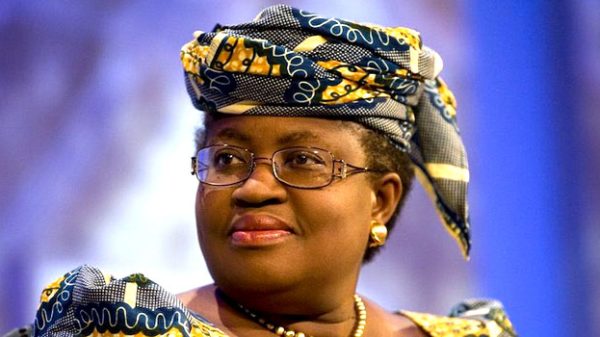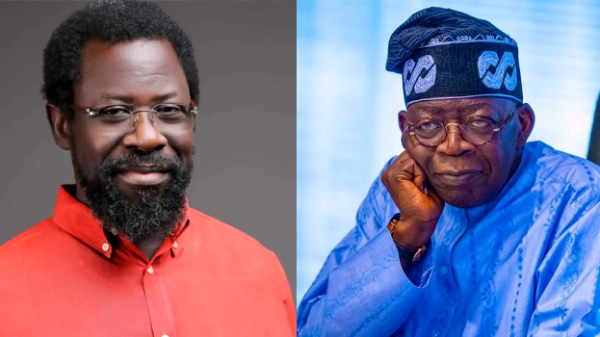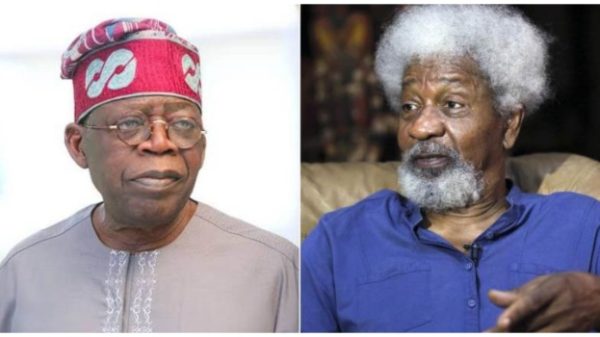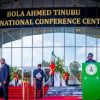Leaders of the Nigeria Labour Congress (NLC) and the Trade Union Congress (TUC) have arrived at the State House in Abuja for a crucial meeting with President Bola Tinubu. The agenda: a contentious new minimum wage proposal, a matter of significant national interest that has garnered widespread attention.
Arriving at the Presidential Villa at approximately 2:05 PM, NLC President Joe Ajaero and TUC President Festus Osifo headed directly to the President’s office on the First Floor. The urgency of the meeting underscores the high stakes involved, as both labor unions and the federal government seek to find common ground amidst Nigeria’s prevailing economic challenges.
The federal government’s delegation to the meeting is notably comprehensive, reflecting the multidisciplinary impact of the wage issue. Key figures include National Security Adviser Mallam Nuhu Ribadu, Secretary to the Government of the Federation Senator George Akume, and several ministers. Representing the ministries of Health, Social Welfare, Education, Labour, Information, and Finance, these officials are expected to provide insights and support for the government’s position.
At the heart of the discussions is President Tinubu’s proposal for a new minimum wage of N62,000 for Nigerian workers. This figure represents a significant increase from the current minimum wage but falls short of the demands set forth by the labor unions. The NLC and TUC are advocating for a minimum wage of N250,000, citing the severe economic hardships faced by workers across the country. Inflation, rising living costs, and a depreciating Naira have all contributed to the unions’ stance, as they argue that a substantial wage increase is necessary to maintain a basic standard of living.
This meeting follows a series of negotiations and public statements from both sides, each outlining their perspectives on what constitutes a fair and livable wage. For the labor unions, the N250,000 demand is seen as a necessary adjustment to the current economic realities, aiming to ensure that workers can afford essential goods and services. On the other hand, the government’s proposal of N62,000 is positioned as a balanced approach, intended to boost wages while maintaining fiscal responsibility and economic stability.
The outcome of this meeting is anticipated with keen interest by various stakeholders, including workers, employers, economists, and policymakers. A resolution that balances the needs of workers with the economic capabilities of the government could set a precedent for future labor negotiations in Nigeria. Conversely, a failure to reach an agreement may lead to further industrial actions and unrest, which could exacerbate the country’s socio-economic challenges.
The presence of high-profile government officials, including the National Security Adviser and multiple ministers, underscores the importance of reaching a resolution. Their involvement signals the government’s recognition of the minimum wage issue as not just an economic concern, but one with significant social and security implications.
As discussions continue behind closed doors, the nation waits for updates on the progress of the negotiations. The stakes are high, and the outcome will likely have far-reaching consequences for the Nigerian economy and the well-being of its workforce.
Watch video
Details later…

